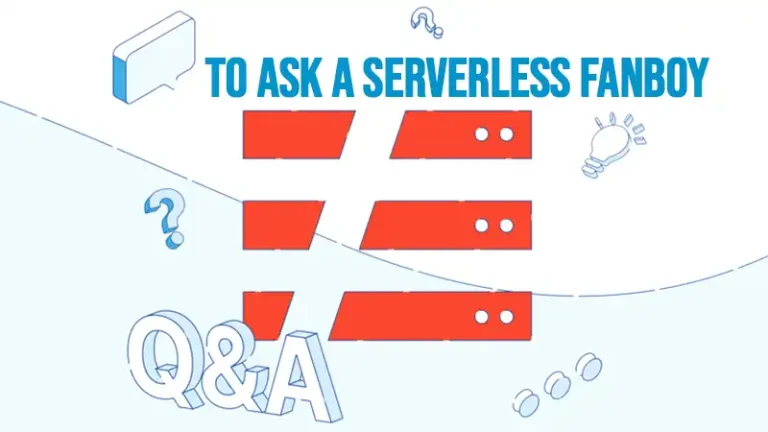WILL SQL JUST DIE ALREADY?
With tons of new No-SQL database offerings every day, developers & architects have a lot of options. Cassandra, Mongodb, Couchdb, Dynamodb & Firebase to name a few.
What’s more in the data warehouse space, you have Hadoop, which can churn through terabytes of data and get you results back before lunchtime!
So, when I stumbled on this article SQL is 43 years old, I was intrigued.
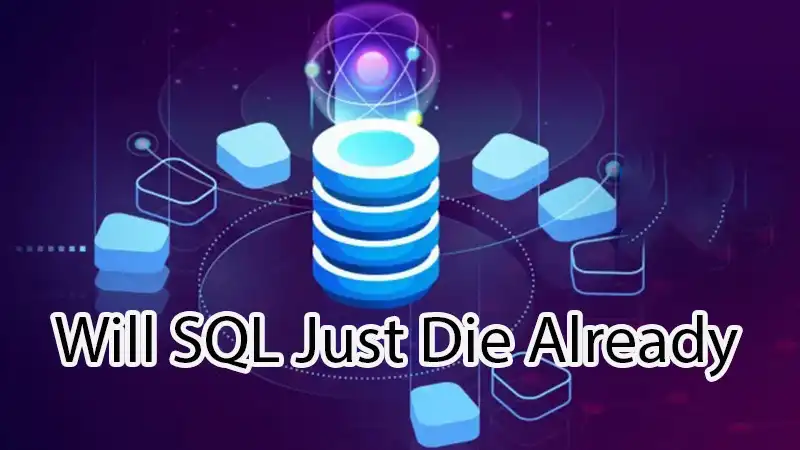
Answer The Questions You Haven’t Thought Of
No-SQL databases are great if you know how you want to access the data. Users come from the users table, and that’s that!
But if later on you want to ask questions like, which users watched this video, which users are active, which users spent $100 in January? These questions may not be possible because NoSQL can’t join those other tables.
Relational databases shine when you need to aggregate your data, reorganize it, or ask unanticipated questions. And aren’t those most of the interesting questions?
Also: Top serverless interview questions for hiring aws lambda experts
Big Query, Redshift and even Hive Speak SQL
I wrote that despite the recent popularity of Hadoop, Redshift seems to be eating its lunch. And what would you know, surprise surprise, Amazon’s newish data warehousing solution, speaks SQL! What’s more, there’s Apache Hive, which allows you to query Hadoop with, drumroll, please… SQL!
Bigquery is the other major big data offering from none other than Google. And it too uses SQL!
Still dominant
If you look at Stackoverflow’s developer survey, you’ll see that SQL is the second most popular language. Why might that be? For one thing it’s simple to learn. Enough that even business users can write simple requests, join & aggregate data.
Rugged, Proven & Open
SQL having been around so long is a fairly open standard. Sure, there are extensions of it, but most of the basic stuff is there in all the products. That means you learn it once, and can interact with databases across the spectrum. That’s a win for everybody.
Business Users Can Write It
Another underappreciated feature though is that basic queries are easy to write. They don’t require complex syntax like a hadoop job, or your favorite imperative programming language. The queries are readable, almost english-like sentences.
Conclusion
Given all that, it seems SQL is likely to be around for a long time to come! We hope you’ve found this guide helpful. If you have anything to ask, our comment box is always open for you. Thanks for reading!


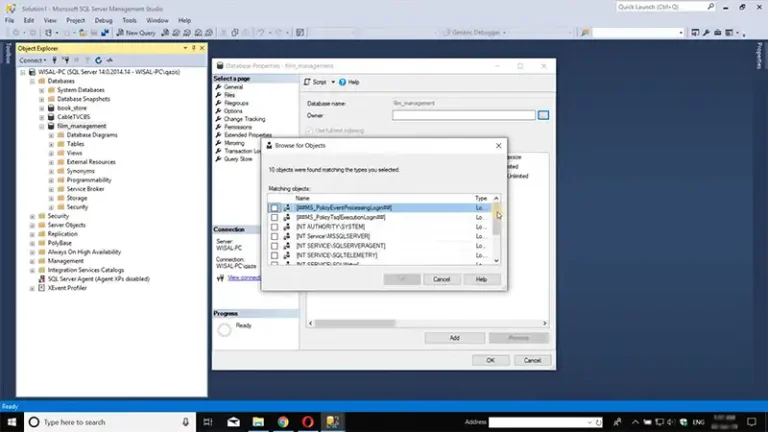
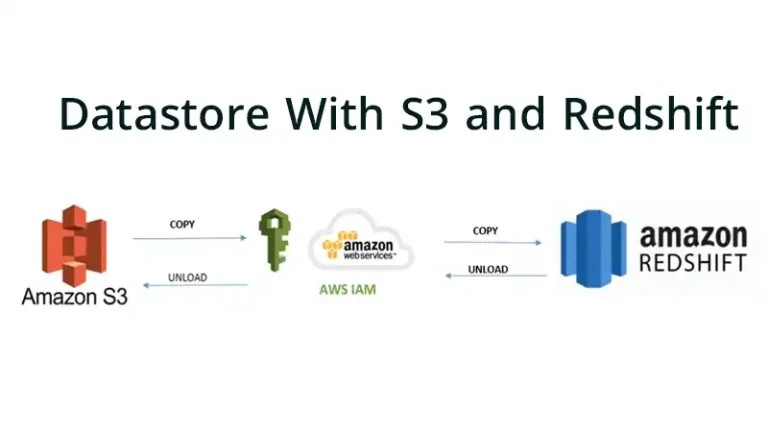
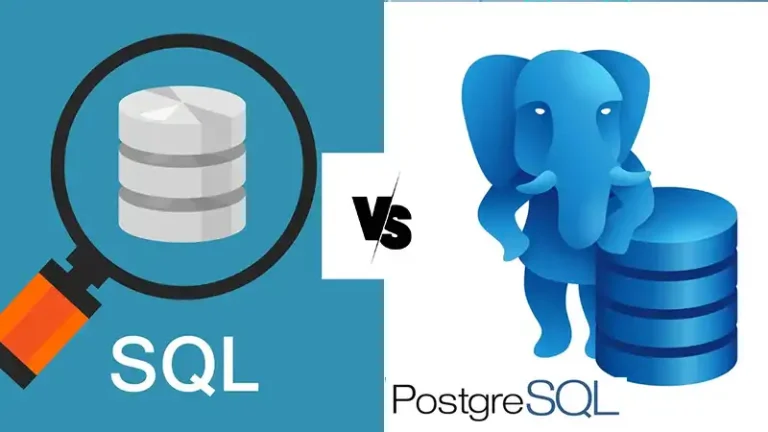
![How to Create a Database in Oracle [Step-by-Step Guide]](https://www.iheavy.com/wp-content/uploads/2023/08/How-to-Create-a-Database-in-Oracle-768x432.jpg)
